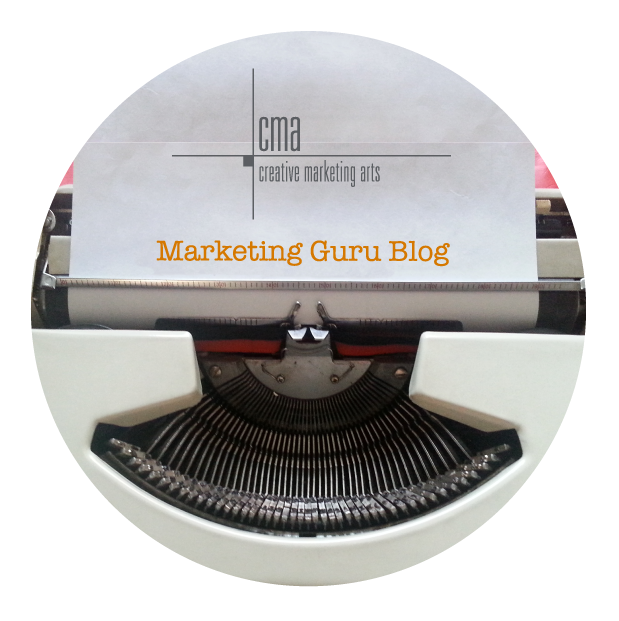Retail Acts Of Kindness
Love, Peace, Shopping!
Today, we are five months into our COVID comma. As I write this update to our CMA blog, I realize I have started to let my guard down with friends and family. I recognize that I have become a bit selfish instead of selfless. It is so easy to do as we heat up the barbeque, jump on the paddle board, and attend outdoor family gatherings. And do I even have to mention the return to shopping? It has been endless joy returning to the stores to shop. My husband can’t wait for football—but I cannot wait to shop this year’s Nordstrom Anniversary Sale! But with this said, reclaiming our lives presents certain risks, risks that can be reduced—or compounded—by our choices. It is still vitally important that each of us does our part and practice safe and responsible social conduct. If you truly want to show your respect and gratitude to the everyday retail heroes, do your part and act responsibly. Retailers are returning the favor with safe social outreach. Here are a few examples.
Safe Shopping. Retailers have taken additional steps to provide customers with a safe and clean environment. Stores have limited store traffic, installed sneeze guards at registers, developed plans to encourage social distancing, provide free masks and created additional procedures for hygiene, hand washing, sanitation, food handling, and cleaning high-touch surfaces.
Donations. As the crisis escalated, retailers moved quickly to donate money, food, and other resources to hospitals, organizations working to prevent the spread of the virus, and those impacted by the pandemic.
Crocs is donating 10,000 pairs of shoes each day to healthcare workers.
Eddie Bauer shifted merchandise production to make N95 masks and surgical masks for health care workers.
Gap is sourcing masks, gowns, and scrubs from its factory partners for California hospitals. The Gap Foundation has also made a $1 million donation.
Harbor Freight Tools donated its entire supply of protective equipment to hospitals with 24-hour emergency rooms in communities where their stores are located.
H&M is using its global supply chain to produce and distribute protective clothing for hospital and health care workers and has also donated $500,000 to a COVID-19 Solidarity Response Fund.
Hanes Brands is retrofitting some of their facilities to produce medical masks, with plans to produce 1.5 million masks weekly.
Home Depot has stopped selling N95 masks entirely and donated them to hospitals, first responders, and other healthcare providers around the country. The company has also been organizing the resources of merchandising and supply chain teams to globally source essential products and expedite the availability of needed items.
JOANN locations created mask kits for adults and youth, and customers are encouraged to bring their completed masks back for donation to hospitals and healthcare facilities in need. JOANN is also working with larger hospitals and medical facilities to secure materials such as fabric, elastic and clear vinyl —all of which are in short supply at many facilities.
These retailers make me proud of my industry. Many say shopping centers and retailers are dead, but I do not think so. Their actions are showing they are alive and well. I look forward to sharing many more uplifting stories with everyone each week.
Source: Retail Dive, Washington Post, ICSC, Loss Prevention Magazine



